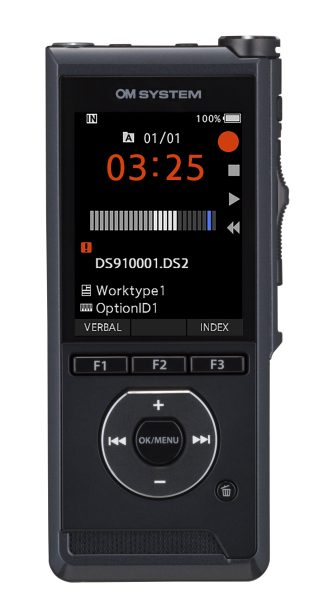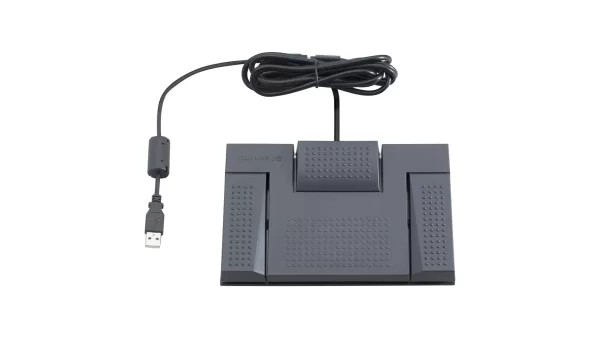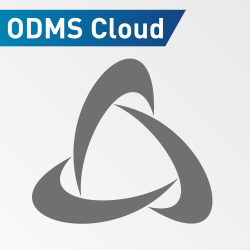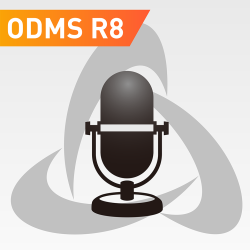Dictation can offer valuable support for individuals with disabilities and mental health challenges in the workplace. It provides an alternative method of communication and information processing that can help mitigate some of the difficulties these individuals may face.
An example of this is Dyslexia, a neurological condition, hampers reading, writing, and spelling due to language processing issues. Despite typical or high intelligence, those with dyslexia face challenges in word recognition, leading to slow, effortful reading. Spelling, writing, and memory tasks are also tough.
Dictation technology serves as an assistive technology for people with various disabilities. It enables them to communicate, create content, and perform tasks that might otherwise be difficult or impossible.
The Benefits to an Individual.
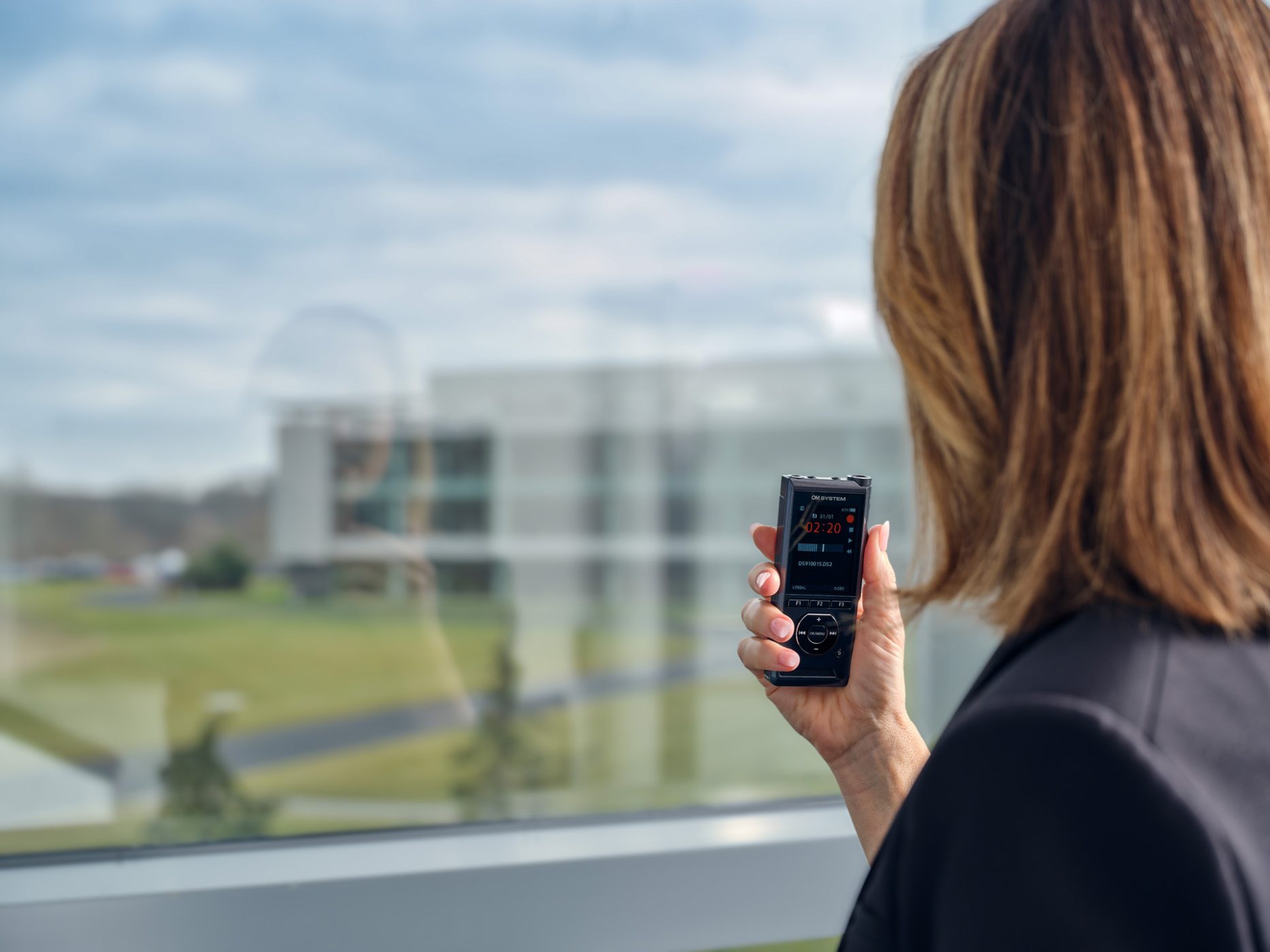
Here’s how dictation can be beneficial for an individual:
- Enhanced Focus on Content: Dictation frees dyslexic individuals from spelling, grammar, punctuation worries, enabling focus on message content. This enhances idea expression and communication clarity.
- Reduction of Anxiety and Stress: Dyslexia-related reading/writing issues lead to workplace stress. Dictation offers a comfortable alternative, easing traditional writing pressure.
- Multimodal Learning: Dictation fosters multimodal learning. Instead of just reading/writing, it adds auditory/verbal processing. Thus, this aids dyslexic individuals in better information absorption and retention.
- Reduction of Stigma: Adopting dictation lessens dyslexia stigma, fostering empathy and understanding. It creates support at work by acknowledging effective communication methods.
- Accessibility and Inclusion: Dictation tech empowers those with physical disabilities (like motor issues or carpal tunnel) to skip traditional typing, ensuring accessibility. It lets them fully engage in tasks like emailing, document creation, and digital communication at work.
- Reduced Physical Strain: Dictation prevents strain and injuries from prolonged typing, crucial for those with mobility-affecting disabilities.
- Reduced Reading and Writing Demands: Dyslexia, for example, hampers reading/writing, making it hard and time-consuming. Dictation lets individuals speak instead of writing, cutting cognitive load of reading/writing.
- Accurate and Efficient Documentation: Dictation suits detailed tasks like notes or reports, aiding fluent expression for accurate documentation.
The Benefits for Your Company

By incorporating dictation technology into the workplace, employers can create a more inclusive and supportive environment that empowers employees with disabilities and mental health challenges to contribute effectively and thrive in their roles.
- Improved Productivity: Dictation can significantly increase productivity for individuals with dyslexia. They can express their ideas and communicate more efficiently by speaking, which can save time and effort compared to struggling with writing or typing.
- Inclusive Work Environment: Embracing dictation technology fosters a more inclusive work environment. Employees with dyslexia can participate fully in discussions, collaborate effectively, and contribute their expertise without feeling limited by their writing challenges.
- Reduced Barriers to Employment: By utilizing dictation technology, employers can reduce barriers to employment for disabled individuals, enabling them to apply their skills and expertise effectively in various job roles.
- Flexibility and Work-Life Balance: Dictation technology allows employees to work from a variety of locations and devices, promoting a healthier work-life balance. This flexibility can be especially beneficial for those managing mental health conditions that might benefit from changes in environment or reduced stress.
In summary, dictation technology plays a crucial role in creating an inclusive and accessible workplace environment. It empowers disabled individuals to overcome limitations, engage actively in the workplace, and contribute their talents effectively, leading to a more diverse and successful workforce.
How can OM SYSTEM/Olympus help?
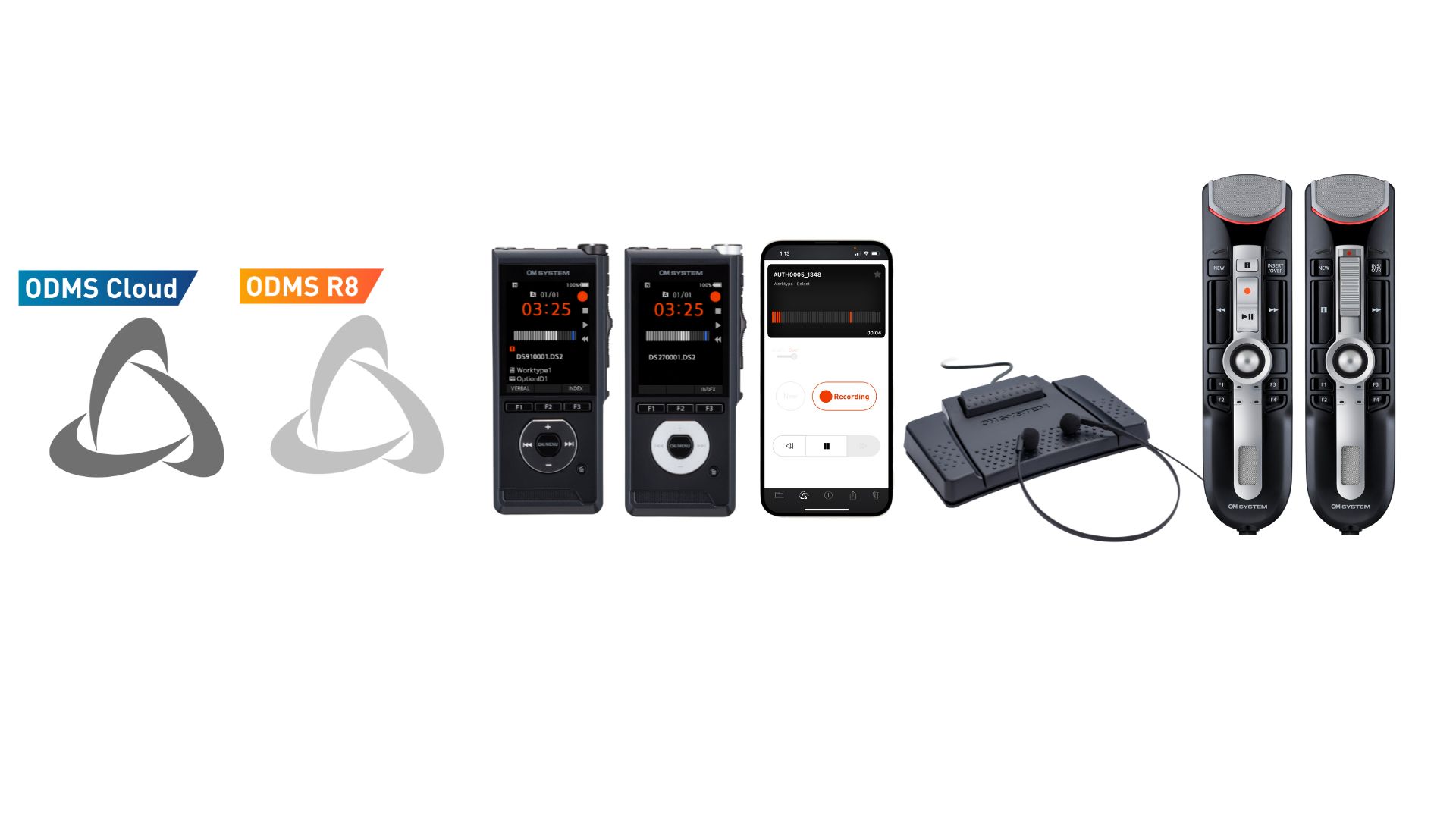
Explore our range of portable recorders and USB microphones tailored for seamless speech recognition software integration. The DS Series boasts stereo microphones for personal dictation and meeting recording, along with a user-friendly full-colour screen and intuitive menu. Alternatively, the RECMIC II handheld USB microphones combine noise cancellation, sizable buttons, and integrated mouse control in a single device.
RECMIC II: https://dictation.omsystem.com/dictation-products/desktop-dictation/
DS Series Link: https://dictation.omsystem.com/product/ds-9000-ds-9500-series/
Useful links
UK Access to Work Scheme: https://www.gov.uk/access-to-work
USA Department of Labor: https://www.dol.gov/general/topic/disability
USA ADA requirements for the workplace: https://www.ada.gov/topics/intro-to-ada/#employment

